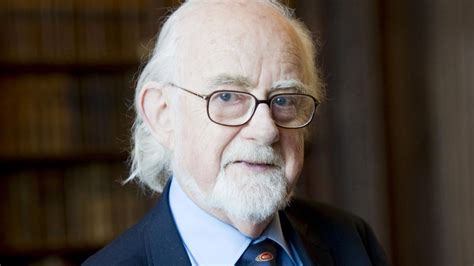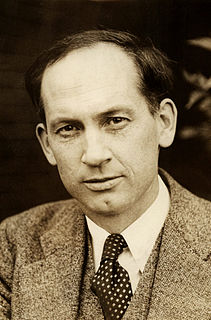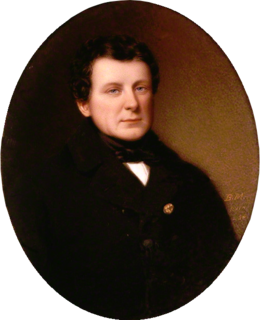A Quote by James Thurber
My opposition to Interviews lies in the fact that offhand answers have little value or grace of expression, and that such oral give and take helps to perpetuate the decline of the English language.
Related Quotes
[Steven Spielberg's films] are comforting, they always give you answers and I don't think they're very clever answers. The success of most Hollywood films these days is down to fact that they're comforting. They tie things up in nice little bows and give you answers, even if the answers are stupid, you go home and you don't have to think about it. The great filmmakers make you go home and think about it.
Oral history is a research method. It is a way of conducting long, highly detailed interviews with people about their life experiences, often in multiple interview sessions. Oral history allows the person being interviewed to use their own language to talk about events in their life and the method is used by researchers in different fields like history, anthropology and sociology.
I have a funny relationship to language. When I came to California when I was three I spoke Urdu fluently and I didn't speak a word of English. Within a few months I lost all my Urdu and spoke only English and then I learned Urdu all over again when I was nine. Urdu is my first language but it's not as good as my English and it's sort of become my third language. English is my best language but was the second language I learned.
James Joyce's English was based on the rhythm of the Irish language. He wrote things that shocked English language speakers but he was thinking in Gaelic. I've sung songs that if they were in English, would have been banned too. The psyche of the Irish language is completely different to the English-speaking world.
Grace has to be the loveliest word in the English language. It embodies almost every attractive quality we hope to find in others. Grace is a gift of the humble to the humiliated. Grace acknowledges the ugliness of sin by choosing to see beyond it. Grace accepts a person as someone worthy of kindness despite whatever grime or hard-shell casing keeps him or her separated from the rest of the world. Grace is a gift of tender mercy when it makes the least sense.



































